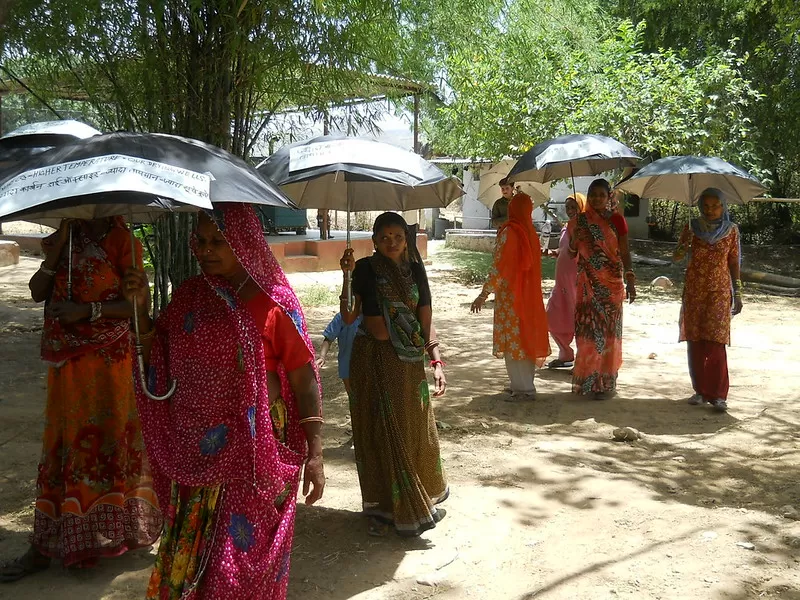“The world must rise to the challenge of rising temperatures,” says the UN Secretary-General as he launches a call to action on extreme heat and its impact on society and the environment. On Thursday, Secretary-General António Guterres announced the launch of a joint report drawing from the expertise of ten UN organizations, including UNICEF, ILO, and WHO, to address the pressing issue of extreme heat and its devastating effects on our planet and its inhabitants.
In recent years, extreme heat has become a growing concern, with record-breaking temperatures and heatwaves occurring more frequently around the world. The consequences of this phenomenon are far-reaching, from health risks and economic losses to displacement and food insecurity. As the world continues to grapple with the ongoing COVID-19 pandemic, the threat of extreme heat further exacerbates existing vulnerabilities and challenges, making it imperative that we take immediate and decisive action.
The newly released report, titled “The Heat is On: Taking Action on Extreme Heat,” highlights the urgent need for global cooperation and coordinated efforts to mitigate the impacts of extreme heat. It brings together the expertise and knowledge of ten UN agencies to provide a comprehensive overview of the issue and its consequences, as well as recommendations for effective and sustainable solutions.
Speaking at the launch event, Secretary-General Guterres emphasized the severity of the situation, stating, “We are in a climate emergency, and extreme heat is one of the most visible and dangerous manifestations of this crisis.” He called on governments, businesses, and individuals to take bold and ambitious action to reduce greenhouse gas emissions, adapt to changing climate conditions, and protect the most vulnerable communities.
The report highlights that extreme heat disproportionately affects the most marginalized and vulnerable populations, including children, older people, and those living in poverty. It also has a significant impact on the global economy, with losses estimated to reach $2.4 trillion by 2030 if no action is taken. The effects of extreme heat are not limited to heat-related illnesses; they also contribute to reduced productivity, decreased crop yields, and increased energy demand, putting a strain on already struggling communities and economies.
To address these challenges, the report outlines a set of recommendations for governments, businesses, and individuals, emphasizing the need for a multi-sectoral approach. It calls for investments in climate-resilient infrastructure, sustainable land use, and renewable energy sources. It also highlights the importance of early warning systems, heat action plans, and community-based interventions to reduce the impacts of extreme heat.
Furthermore, the report emphasizes the need for adaptation measures to protect vulnerable communities, including access to cooling systems, improved urban planning, and health services. It also calls for a shift towards sustainable and climate-resilient agriculture practices to ensure food security for all.
The launch of this report comes at a critical time, as the world prepares to gather at the UN Climate Change Conference (COP26) in Glasgow later this year. The report serves as a timely reminder of the urgency of the climate crisis and the need for bold and decisive action. It also provides a roadmap for governments and stakeholders to take concrete steps towards a more sustainable and resilient future.
In conclusion, extreme heat is a global challenge that requires a global response. The UN Secretary-General’s call to action, backed by the expertise and knowledge of ten UN agencies, serves as a wake-up call to the world to prioritize and address the impacts of extreme heat. We must act now to protect our planet and its inhabitants and ensure a sustainable future for generations to come. Let us rise to the challenge and work together towards a cooler, greener, and more equitable world.



